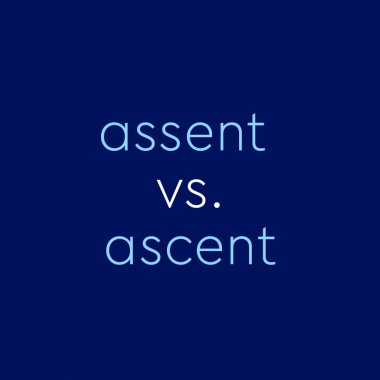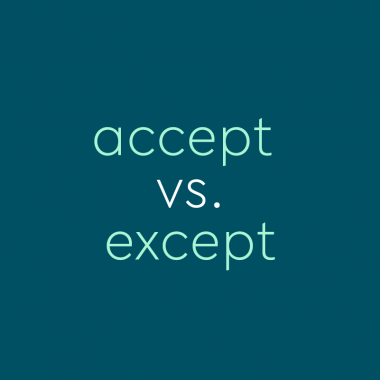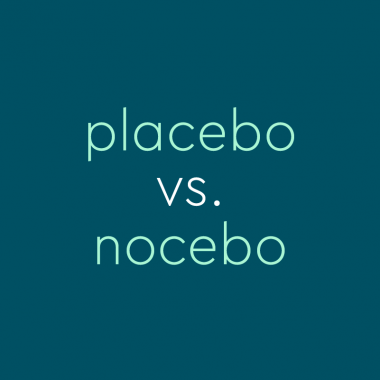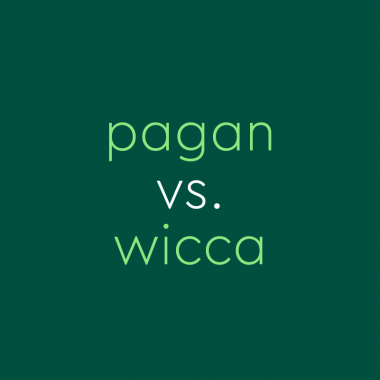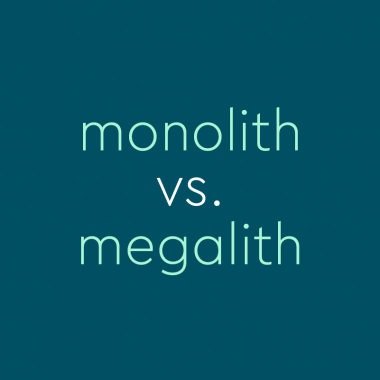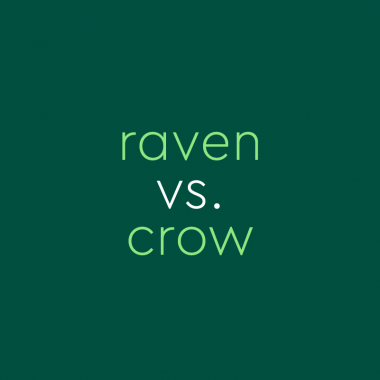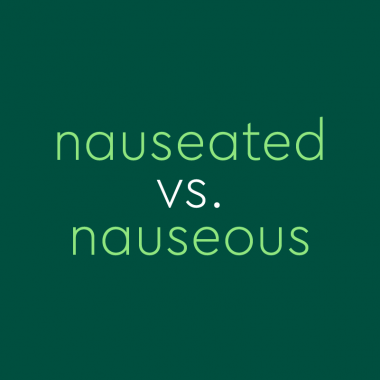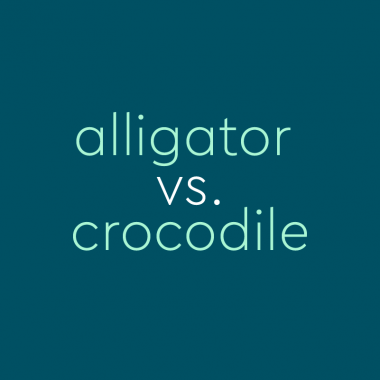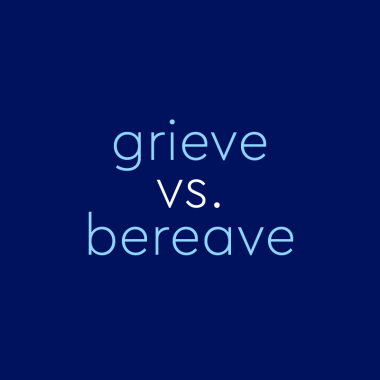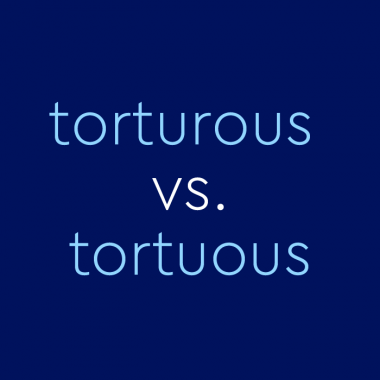“Assent” vs. “Ascent”: What’s The Difference?
Homophones: love them or hate them, they’re everywhere. These two are a great example. They may sound the same, but their meanings couldn’t be any more different. Assent is a word that indicates agreement or approval. Ascent refers to an upward movement. Let’s take a closer look. What does assent mean? As a verb, assent means to agree or to give in. When used as …
